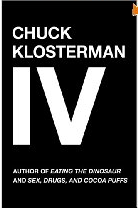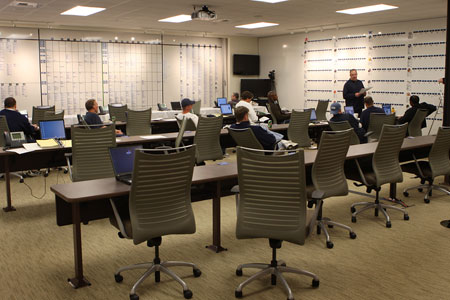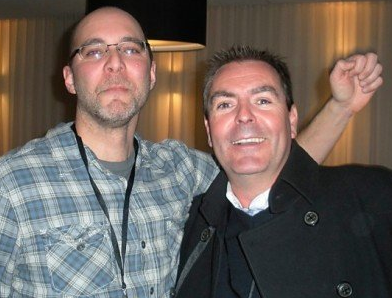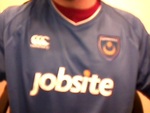HRevolution 2010
The American Revolution lasted for 8 years with Colonial soldiers enduring atrocious conditions and hardships.
The French Revolution lasted 10 solid years and helped popularize the guillotine.
Luckily for you, the HRevolution 2010 will not be (nearly) as long and as dangerous. 
The only things in peril are tired ideas, same-old same-old concepts, and the notion that you are just one little cog in the machine and can't make a big impact in your job, your organization, and your profession.
So here is the real scoop:
The HRevolution2010 unconference is coming to Chicago on May 7th-8th!
Cutting edge HR social media thought leaders and practitioners from around the country will be converging for 24 hours+ of mind-bending, trend-setting discussions, yet space is limited to only 110 people, so... SIGN UP NOW!
3 reasons why this year's even will rock:
People.
First and foremost, it's the people. And the crew coming together for this year's unconference is fantastic. With about twice the capacity of last year's event, HRevolution 2010 will blend old faces with new in an intimate setting where networking and relationship building can happen the way it was meant to.
Logistics.
We've locked up a phenomenal and highly professional space for the event that could not be more perfect for an unconference. HRevolution will take place at Catalyst Ranch, which is one of Chicago's premier event locations and—bonus!—is centrally located with easy access to hotels, restaurants, and night life.
Catalyst Ranch is known for bringing a level of fun and sophistication to events that is unparalleled—no other space provider so naturally blended expertise on white boards, afternoon snack service, stereo systems, and the amount of Play-Doh they recommend for 110 people into a single conversation. Rest assured, HRevolution is happening in Chicago for a reason, and we want you to leave the event loving Chicago hospitality.
Topics.
The beauty of the unconference format is that it is designed to leave you with practical, useful knowledge. When you get back to work on Monday, and when someone asks you, "What did you get for the money," the answer that flows oh-so-naturally from your lips will blow them away. And you, too, maybe.
So if you're in HR, if you're dabbling with this social media stuff and thinking "Should I or shouldn't I... How do I...," then get here on May 7th-8th. You will meet the people and learn the stuff and be in the place that will help you put it all together.
Things you need to know:
The event registration page is here - HRevolution registration.
More information about the event can be found here - Official HRevolution2010 Site.
Storm the Bastille of 'old' HR and join us in Chicago this May!

 Steve
Steve





